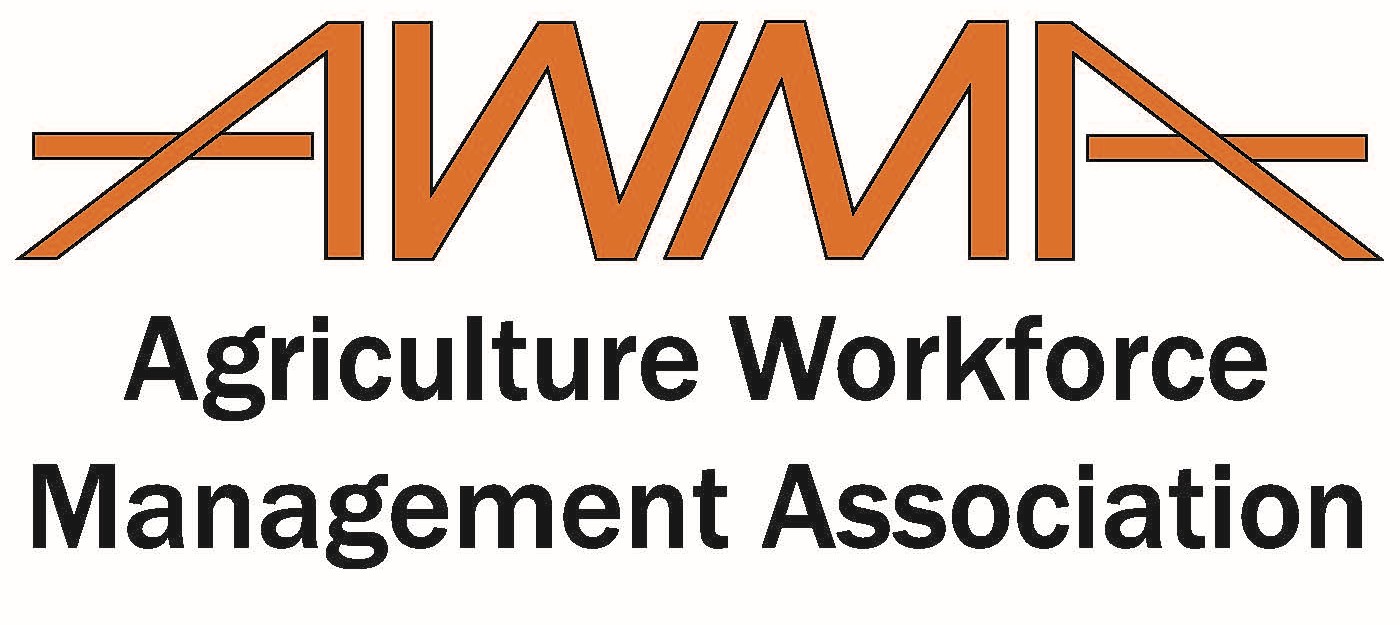H-2A Housing Requirements
This information is not intended to be all of the
H-2A OSHA Housing Requirements.
These are only general guidelines.
- There must be at least 100 square feet for each occupant. Of this at least fifty (50) feet must be in the sleeping area.
- The shelter must provide protection from the elements.
- The ceiling must be a minimum of seven (7) feet tall.
- An area for storing clothing and personal articles must be provided to each occupant.
- There must be one bed for each worker. Single beds, bunks and cots are allowable. Double beds may be used but they can only be assigned to one worker.
- There must be a minimum of three (3) feet between each bed side to side, and for bunk beds four (4) feet end to end.
- Beds must be a minimum of twelve (12) inches off the floor. Bunk beds must have twenty-seven (27) inches of clearance between the bottom and top bunks and between the top bunk and the ceiling Triple bunks are not allowed.
- Floor should be wood or concrete. Wood floors must be elevated at least one (1) foot above grade.
- Windows and doors should equal approximately 10% of floor space on a room-by-room basis.
- Windows that are designed to open should be able to open so that at least half of the window area is available for ventilation. Each room must have at least one opening window that is capable of being used for ventilation and emergency exit in case of fire.
- Exterior doors should have a screen door with a self-closing devise installed and working.
- There must be one working stove for each ten people. Adequate cabinet and counter space for food storage and preparation should be provided.
- One (1) refrigerator per six workers must be available.
- If workers are to be housed during the heating season (approximately October 1 through April 1) an adequate heating system must be available i.e. 70 degrees. Portable non-vented kerosene propane heaters are not acceptable. Open grate fires are not allowed. Wood stoves are strongly discouraged and the employer must have the installation inspected by the appropriate code enforcement official prior to inspection by DES.
- If non-vented gas heaters are used, carbon monoxide detectors must be installed.
- All heating, plumbing and electrical service must be installed in accordance with all current applicable codes. DES reserves the right to request that the employer provide evidence of compliance to codes when requested.
- Showers and sinks must have a supply of hot water that is adequate for the anticipated number of occupants.
- There should be one toilet and one showerhead for each 10 occupants.
- There should be a hand-washing sink for each six occupants.
- All exterior openings including windows and doors must be screened.
- There must be a minimum of one light fixture and one wall outlet for each room. It is the employer's responsibility that occupants do not overload electrical circuits.
- OSHA housing regulations state that housing for migrant workers must be a minimum of 500 feet from livestock.
- Laundry facilities should be provided or the employer should provide transportation to a Laundromat at least once a week.
- Employer must provide the workers transportation to a grocery store at least once a week.
- A minimum of two garbage receptacles that have closing lids and be rodent proof must be provided. Outside garbage cans should be on a wood or concrete pad. Garbage must be hauled from the site at least once each week or more often if needed. Garbage bags that are stored outside of a closing container are prohibited.
- There must be at least one type A/B/C fire extinguisher and one physician approved first aid kit for each building used as migrant housing, kitchen or eating facilities or shower/bath house.
- Smoke detectors must be installed in each sleeping room.
- Sleeping rooms located above the first floor should have a fixed ladder to the ground installed.

Questions about H-2A Housing? Contact us!
"Owned and Managed by Agricultural Employers"
Application documents are listed under "Application Links" on the Home page!





